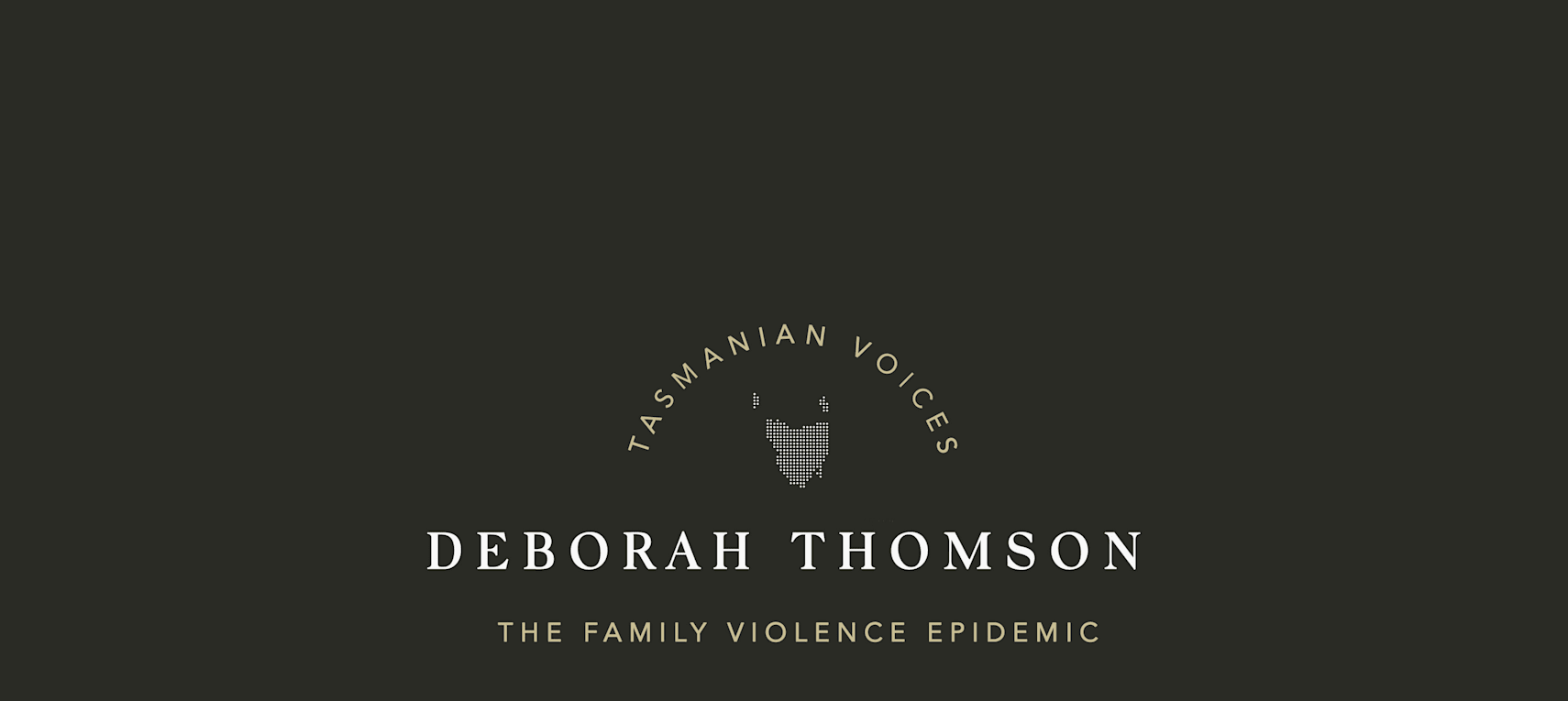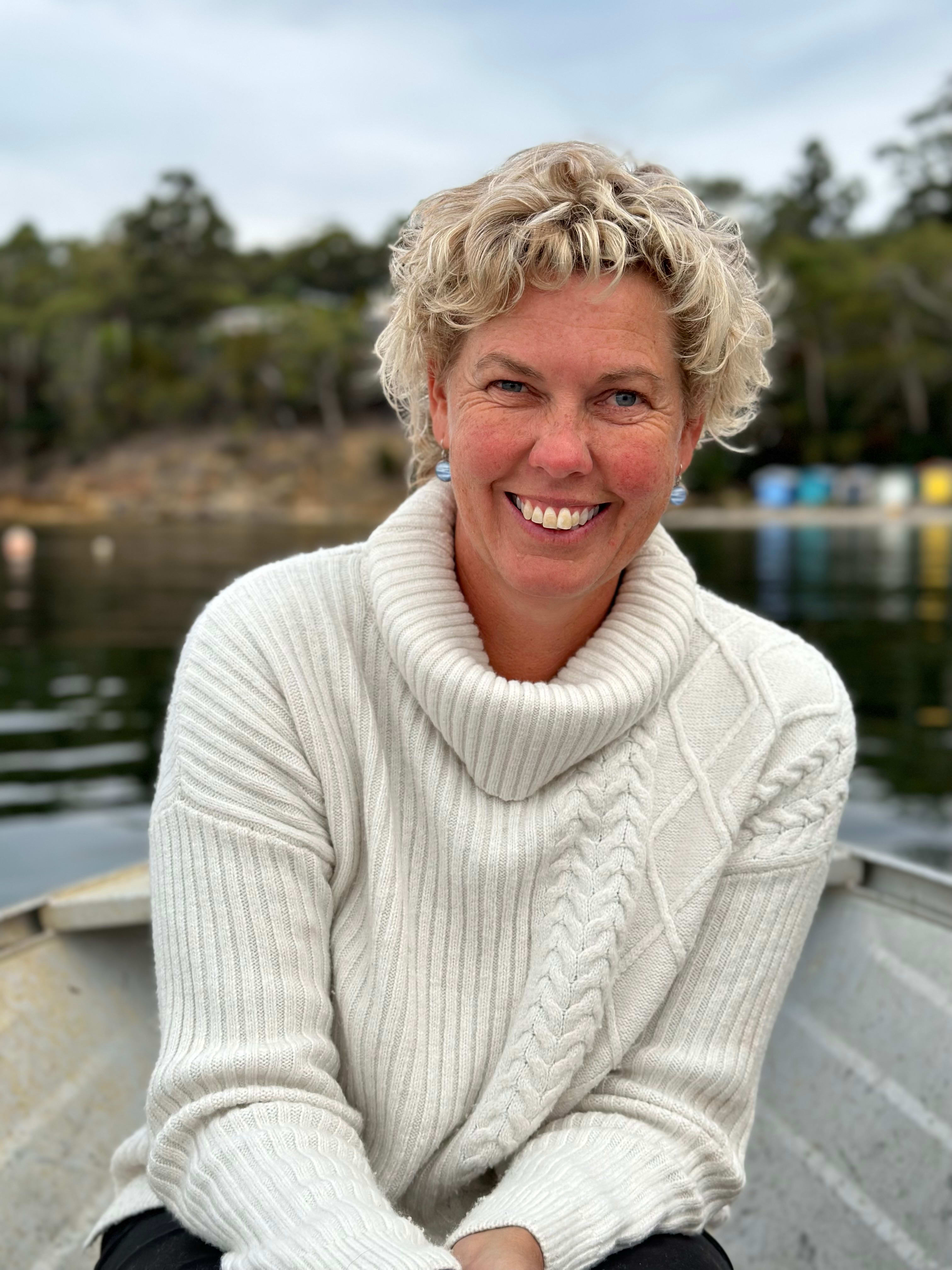Many men don’t understand why they abuse. And if they’re shown why and shown different ways to engage with their partner in non-violent ways of communication, some men are willing to take that on board. Sending perpetrators to a men’s behavioural group is far more effective than any other form of counselling.
Through consideration of the points below I hope to reshape discussions relating to domestic and family violence. I have made similar statements in other essays in Tasmanian Voices: the Family Violence Epidemic, but I am repeating certain comments to reinforce information that meaningfully applies across group demographics, cultures and ages. And, through repetition, help to illuminate the words victims and their supports need to hear.
- Advocacy is significant in driving change if it is in combination with hearing victims’ stories.
The saying “nothing is done for us without us” is essential. Make victims’ lived experience centre stage to policy-making and proposed system change.
Victims’ knowledge and experience dictates where government funding should be targeted; to frontline services which are already making a difference. Current shortfalls in funding, limits the essential and meaningful support these services provide.
- Society needs to understand why victims blame themselves for abuse. Understanding lessens stigma and judgment and increases empathy. Empathy for victims motivates the public to focus on domestic and family violence and do something about it.
- It is important for those in relationships, or starting a relationship, to recognise the subtler forms of abuse and get out early or not begin that relationship. This is primary prevention and early intervention in action.
- Many victims can be controlled through subtle forms of abuse that don’t lead to physical and sexual abuse, but often it does. And the abuser seems to know when to start becoming physically violent. They manipulate their victim, (and I’ll call that person a victim, because you’re not a partner in a relationship that’s not equal) to the point where the recipient of abuse has no autonomy and doesn’t recognise the abuse as something that is not their fault. This leaves them vulnerable to heightened partner abuse.
- When you’re with an abuser, you can do whatever you think will stop their abuse, but, first, you won’t stop it alone, and second, abusers choose to abuse, so there’s nothing you can do to stop that, nor is it your responsibility to try and fix him/her/them.
That was the culture of abuse I was surrounded by, and if you hear that enough from everyone you’re talking to – if they are siding with the abuser then – you may begin to wonder if you are the cause. Even when those know him/her is violent, they often are silent bystanders, so you really start to wonder whether the violence is as bad as you think it is, and whether it really is your fault, and whether you should do whatever it takes to become the someone the perpetrator says he wants you to be because then he wouldn't have to discipline you if you were that person.
It’s a very bad place to be, because once you’re there, you tend to accept whatever abuse is metered out, and everyone is saying it’s your fault, it’s your fault …
- My abuser and I had counselling, and because it was marriage counselling and not relevant to partner abuse, the counsellor said we were both at fault. Her words reinforced what our situation was telling me. It was driving me to the point that I was at fault, or equally at fault.
It is so important to get the type of counselling that relates to domestic and family violence. This is specific counselling centred on partner abuse. No other counselling, such as mediation, conflict resolution, marriage guidance or anger management counselling, addresses an abuser’s behaviour. It does not compel an abuser to stop abusing or even want to stop abusing.
There needs to be behavioural counselling, focused entirely on the abuser's behaviour. And how and why abusers choose to abuse. Many men don’t understand why they abuse. And if they’re shown why and shown different ways to engage with their partner in non-violent ways of communication, some men are willing to take that on board. Sending perpetrators to a men’s behavioural group is far more effective than any other form of counsel, and that’s very important.
- Sometimes services and organisations must intervene when a victim is in crisis, immobilised and can’t act for themselves by themselves.
- Research shows that only 1 per cent of abusers want to stop, and that leaves 99 per cent of abusers continuing to abuse, many not realising that what they’re doing constitutes abuse. To them it’s justified and understandable. They want control of their family. They need to have control and they’ll say to themselves that their partner is making them act the way they do. There are so many commonalities with abusers and an appropriate behavioural counsellor will use the similarities and point those out to abusers who often just won’t see the abuse for what it is, refuse to see it, or take responsibility for their destructive behaviour.
Abusers need to be made accountable for their actions and urged to seek help by accessing a men’s behaviour group. Being forced to seek therapy appropriate to partner abuse and that person’s need for control and power over another may create willingness to change.
- My abuser's parents and immediate family excused his abuse, standing up for him. It is common for family and friends to dismiss the abuse, to blame the victim rather than urge the abuser to acknowledge their destructive behaviour and seek help for it. When family and friends close ranks around an abuser, they excuse the abuse, and therefore condone the abusive behaviour.
- It is important to understand there is so much fear surrounding victims. An outsider may approach a victim and say they know you're being abused and offer to support the victim by listening to whatever that person wants to disclose, however the victim may shut down, as I did, and refuse to talk. If someone asked me about being abused at the time it was happening, I'd immediately go into that mindset where I didn't want to talk about it – I'm the one at fault, it's my problem, I can fix it.
Outsiders don’t realise how quickly victims become beaten down. They become so brainwashed, so beaten. They can put a face on in public and no one realises they're being abused unless they learn the subtle indicators. These are standard, and if an outsider can recognise those indicators, they can then take steps to support that person appropriately without judgment.
Otherwise, this just goes unnoticed, because victims present very differently on the outside than what they do at home. And they’re so beaten that unless an outsider comes forward to help, victims won’t come forward themselves and face it.
And so the abuse continues.
- Children are afflicted by family abuse. The are emotionally if not physically and sexually abused, so a whole new generation of victims is made. Children are being traumatised by abuse. And that’s something to educate parents about as well.
Family violence is one of the main reasons people, particularly women, become homeless. And because of the lack of support, they must choose to stay with the violent partner or become homeless. The Women’s Shelter service in Hobart last year turned away hundreds of women and children; they couldn’t house them in refuges as those already housed had nowhere to go once they left a refuge, so had to remain longer. This meant new openings for those currently leaving their abuser were non-existent. This is a crisis.
In conclusion, the situation is not hopeless. There is hope with positive changes in government policy, service delivery and community attitudes moving in the direction that most helps victims of partner abuse. But the spotlight must remain on victims’ needs with the public and government driving the solutions that reduce violence against our vulnerable.
Deborah Thomson moved to Tasmania with her daughter in 2010, and now lives with her partner of nine years and a parrot. She moved to escape domestic violence and, inspired by her new partner, wrote her first book, Whose Life Is It Anyway? Recognising and Surviving Domestic Violence, to help others recognise abuse (and in particular coercive control), in the home, and to increase their motivation to leave earlier. After publishing her first book, she became a trained advocate through Engender Equality, a non-government Tasmanian organisation working with people and communities impacted by family violence. Deborah Thomson advocates for survivors of family violence, speaking at domestic violence events across Tasmania, through media channels and podcasts. She recently completed a second book, detailing lived experience with domestic violence by her then husband, spanning 17 years from 1985 to 2003. This book is now used in Tasmania as an information resource for family violence counsellors and students on practicals.








